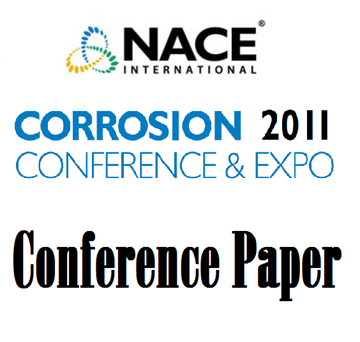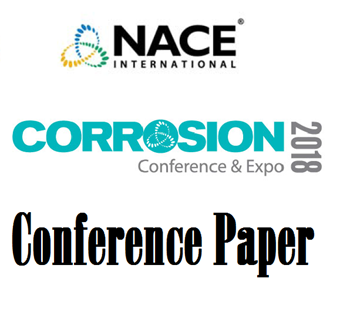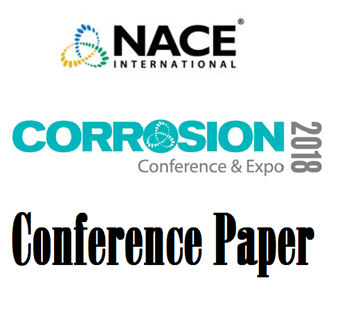Search
Products tagged with 'x-ray photoelectron spectroscopy'
View as
Sort by
Display
per page
11353 Timescale Correlation Between Marine Atmospheric Exposure and Accelerated Corrosion Testing
Product Number:
51300-11353-SG
ISBN:
2011 11353 CP
Publication Date:
2011
$20.00
51318-10631-Electrochemical Behavior of UNS N08031 in Green-Death Solution
Product Number:
51318-10631-SG
Publication Date:
2018
$20.00
51318-11011-Migrating Corrosion Inhibitors as Admixtures To Improve Durability of Reinforced Concrete Structure
Product Number:
51318-11011-SG
Publication Date:
2018
$20.00



